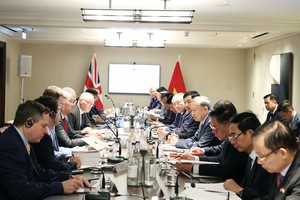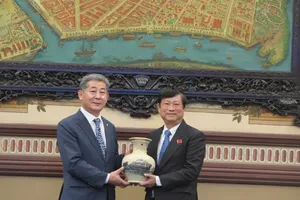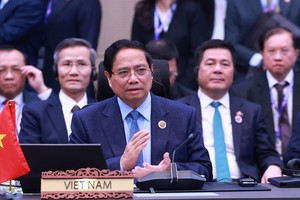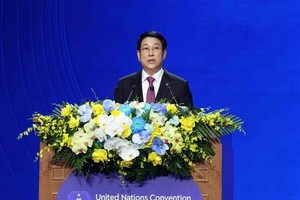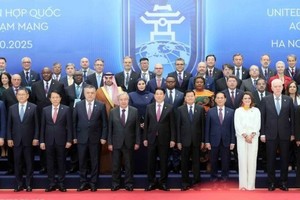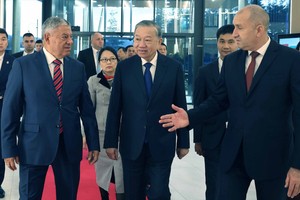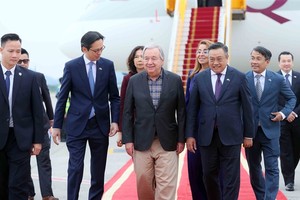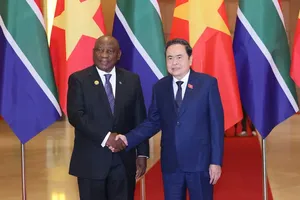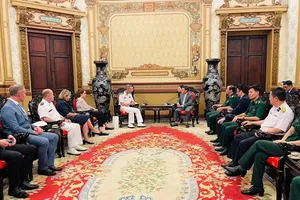The head of the European Commission warned on Wednesday that the urgency of the eurozone crisis is "not fully understood" by some national governments.
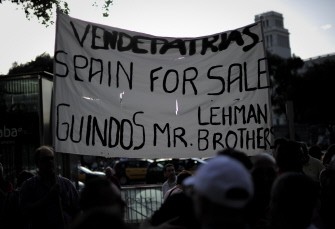
Citing a "social emergency" and urging ever greater union, European Commission head Jose Manuel Barroso told the European parliament: "We are now in a defining moment for European integration."
He was speaking in the run-up to a June 28-29 summit of EU leaders, with Italy now under rising pressure of the type which eventually forced external financial aid on Spain.
"Even when governments take the right steps to reform, these can be negatively impacted by events outside their control," Barroso, a former Portuguese prime minister, told lawmakers.
"We must recognise we have a systemic problem.
"We need a vision and a concrete path...
"I am not sure the urgency of this is fully understood in all the capitals," he said.
Days from a second general election in austerity-ravaged Greece in six weeks, with European Union leaders on tenterhooks as to whether the winners this time will respect a March deal on a second bailout worth 237 billion euros ($296 billion), Barroso said that the EU was in a "social emergency."
He said: "In some countries, there are worrying developments in the rise of poverty and social exclusion."
EU and eurozone decision-making wheels turn slowly, despite mounting pressure from markets and Barroso acknowledged that a scheme to be presented at the summit to deepen economic integration among those countries which share the single currency (currently 17) "will be the start, not the end of the process."
Yet he said the message that leaders would commit to ever-closer union was required now.
"Without confidence (on markets) in the irreversibility of economic and monetary union, our prospects are limited," he said.
Creating a dynamic towards wholesale integration, from budgetary to tax policy and eventually pooled issuance of public debt, was "indispensable" for the future of the currency union.

